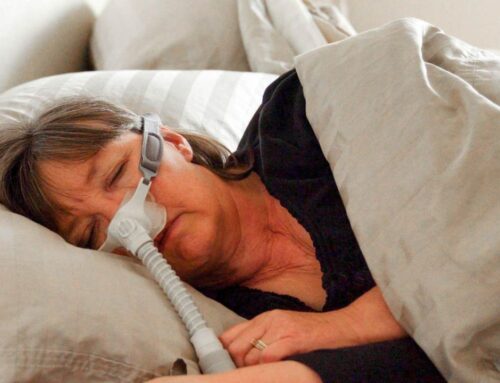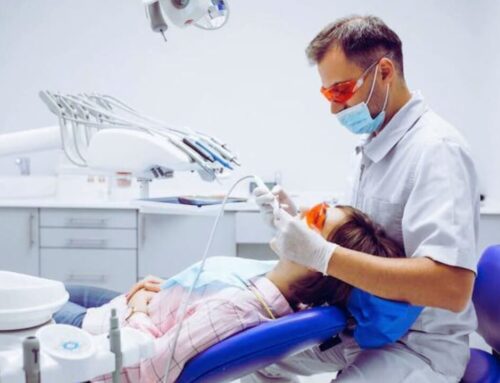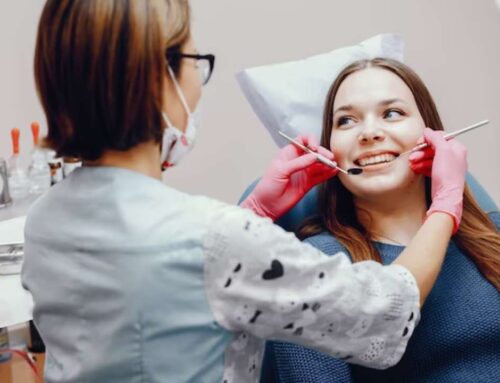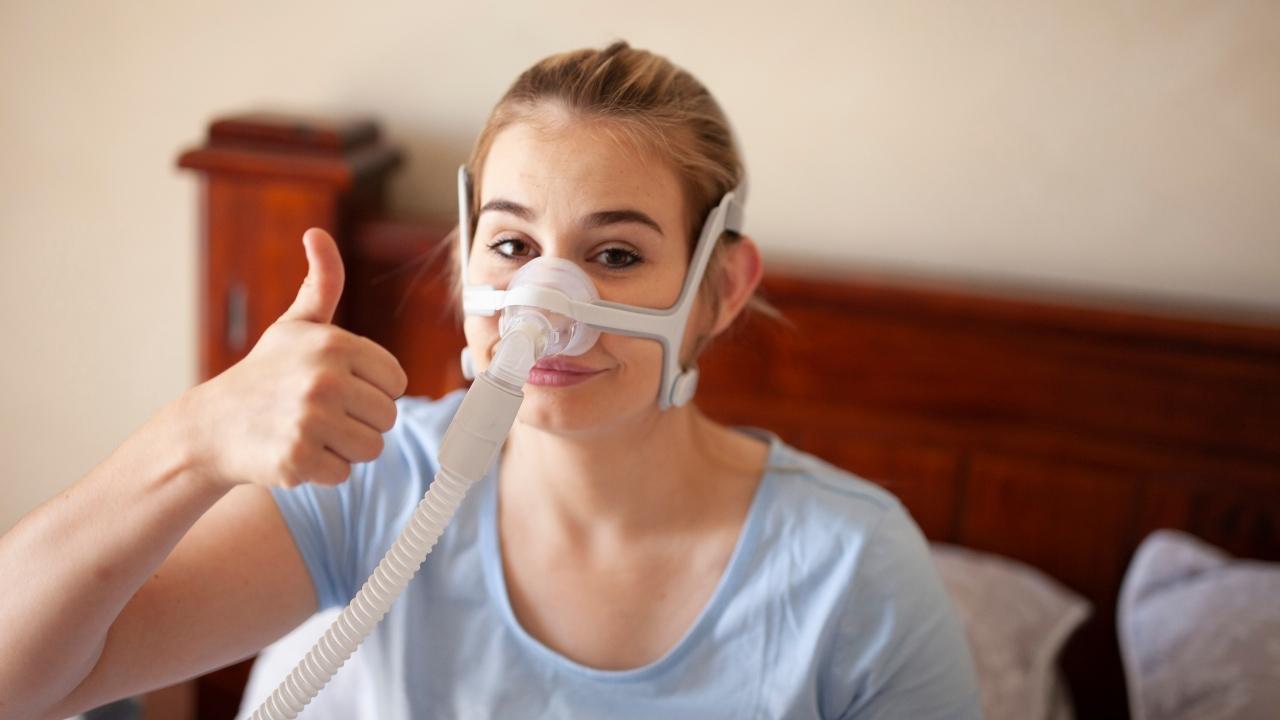
CPAP Dry Mouth: Causes & Prevention
If you find yourself waking up with a dry mouth or a dry throat after using your CPAP machine, you might be experiencing what is known as CPAP dry mouth. A CPAP machine can cause dry mouth, leading to other issues like bad breath, tooth decay, and gum disease.
What is a CPAP Machine?
Continuous positive airway pressure or CPAP is a machine commonly prescribed for treating sleep apnea disorders.
A CPAP machine sends a steady flow of air into your nose and mouth as you sleep to help people breathe normally.
What is CPAP Dry Mouth?
CPAP dry mouth describes when your mouth becomes parched due to breathing through a CPAP machine. This can happen for various causes, but the most common reason is that air escapes from the mask and dries out of your mouth.
If left untreated, CPAP dry mouth can lead to a whole host of other problems like bad breath, tooth decay, and gum disease.
What are the Causes of Dry Mouth?
A few things can cause CPAP dry mouth, but the most common is when air escapes from the mask and dries out your mouth. This usually occurs because of an ill-fitting mask.
Another common cause of dry mouth from CPAP is when the humidity settings on the machine are set too low. This causes the air to be drier than it should be, which can lead to mouth dryness.
Finally, some people produce less saliva than others. This can make it more challenging to keep your mouth moist, even without a CPAP machine.
What are the Symptoms of CPAP Dry Mouth?
The most common symptom of dry mouth is a dry mouth chapped and/or cracked lips, bad breath, or being more prone to cavities and gum disease.
How to Prevent Dry Mouth when using a CPAP Machine?
There are several things that you can do to in terms of preventing a dry mouth from CPAP machine, including:
- Hydrating regularly throughout the day. This can be especially important in the hours leading up to bedtime, as dehydration is one of the leading causes of dry mouth. Drinking plenty of water, herbal tea, or other fluids will help to keep your mouth moist and refresh your circulatory system.
- Adjust your CPAP equipment so that it fits more snugly. A loose-fitting mask or chin strap can allow air to escape during use, which can lead to dryness in the mouth and throat. Making sure that everything is properly adjusted and fits snuggly against your face will help to reduce this risk.
- Refrain from alcohol or tobacco products before bed. Both substances have been shown to contribute to dryness and irritability of the mouth and throat, making them less able to absorb moisture effectively while you sleep. Eliminating these habits before bedtime can help keep your airways clear and your oral health in good condition overnight.
- Keep a humidifier on while you sleep at night. Using a humidifier with your CPAP machine helps add moisture back into the air pumped through your facial area while you rest, significantly reducing dryness in the mouth and sinuses. Utilizing simple tips like these can minimize discomfort while still getting all of the benefits of CPAP therapy for a better night’s rest overall!
When to see your doctor
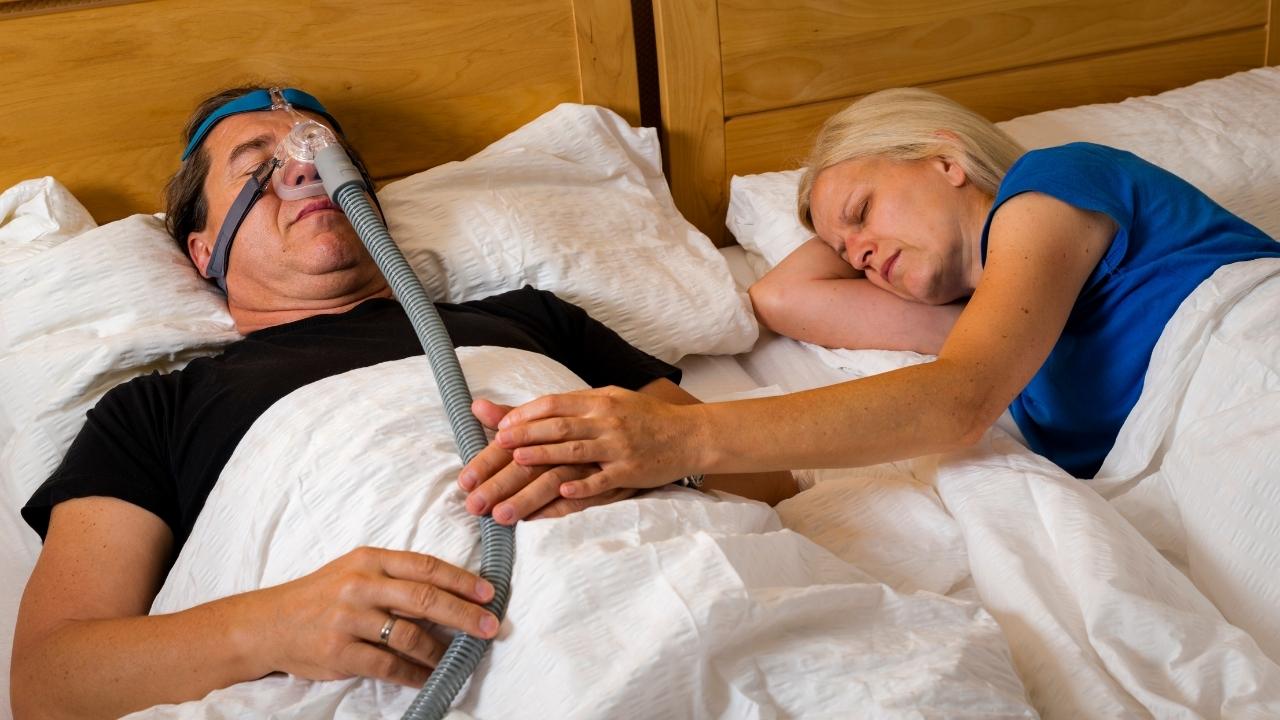
If you are using a CPAP machine and experience any of the symptoms of dry mouth listed above, it’s important to see your doctor right away. These symptoms could indicate a more serious underlying condition, and prompt treatment can help prevent further complications.
If you are not interested in using a CPAP machine, oral appliance therapy may be a good option for you. The American Academy of Sleep Medicine supports oral appliance therapy as a CPAP machine alternative, and many patients say it is more comfortable and convenient to use.
Our Harrisburg NC Dentist Office
To learn more about dental treatments from Icard & Strein Family Dentistry, or to schedule an appointment, call our Harrisburg, NC dental office today at 704.455.5003.

